There are artists you hear once… and never forget. Françoise Hardy is one of them. Her voice—soft, shimmering, and tinged with a kind of elegant sadness—felt like a whispered confession carried on a cold Paris breeze. Every time you play her music, it’s like stepping into a black-and-white film where longing feels poetic, not painful. She wasn’t loud, she wasn’t flashy, and she never tried to be anything more than herself. And maybe that quiet honesty is exactly why she became a legend.

Let’s wander through her story together—the girl with the guitar, the fashion icon, the poet, the astrologer, the woman who lived with both fragility and fierce resilience. Because she is Françoise Hardy, and her journey deserves to be felt, not just told.
Paris Beginnings: A Quiet Girl in a Loud World
Françoise Madeleine Hardy was born in Paris in January 1944, during the final years of World War II. The city was rebuilding itself, and so was her family—raised mostly by her mother, she grew up shy, observant, and deeply introspective. While other kids were out chasing noise, little Françoise was chasing melodies.

Her mother gave her a guitar at sixteen, unknowingly handing her the key to her future. Françoise didn’t dream of fame; she simply wanted to express the thoughts she could never say out loud. So she wrote them down. She turned them into songs. She practiced until her fingers hurt, finding comfort in the honesty of simple chords and soft vocals.
Before long, the girl who hardly spoke became the girl whose voice travelled everywhere.
Video : Francoise Hardy
The Yé-Yé Girl Who Didn’t Fit the Mold
When her debut single “Tous les garçons et les filles” hit the airwaves in 1962, it didn’t just climb the charts—it struck a nerve. Here was a song about feeling alone while everyone else seems paired off, delivered with the delicate ache of someone who truly understood that loneliness.
And suddenly, people all over Europe were humming her lyrics.
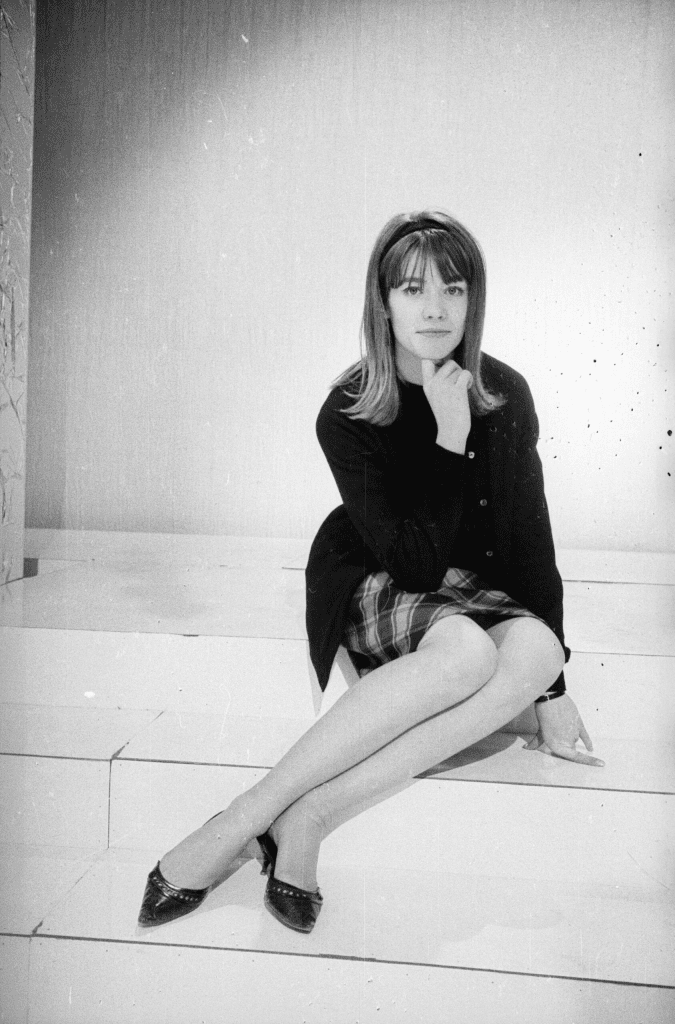
The yé-yé movement was full of bright, bubbly pop stars, but Françoise Hardy stood apart. She wasn’t sugary sweet. She wasn’t trying to charm the camera. She carried a mystery that made people lean in closer. Her voice whispered instead of shouted, but somehow, it was the whisper you heard above all the noise.
Her follow-up songs expanded her success across France, Italy, Germany, and the UK. She recorded in multiple languages long before it was trendy, proving that emotion needs no translation.
And with every track, she carved her place deeper into the heart of the era.

A Style Icon Without Trying
While other stars carefully crafted their image, Françoise Hardy simply dressed the way she wanted—clean lines, simple silhouettes, boots that became part of her signature look. Ironically, her effortless choices sparked fashion waves that lasted decades.
Designers adored her. Photographers chased her. Magazines wanted her on their covers.
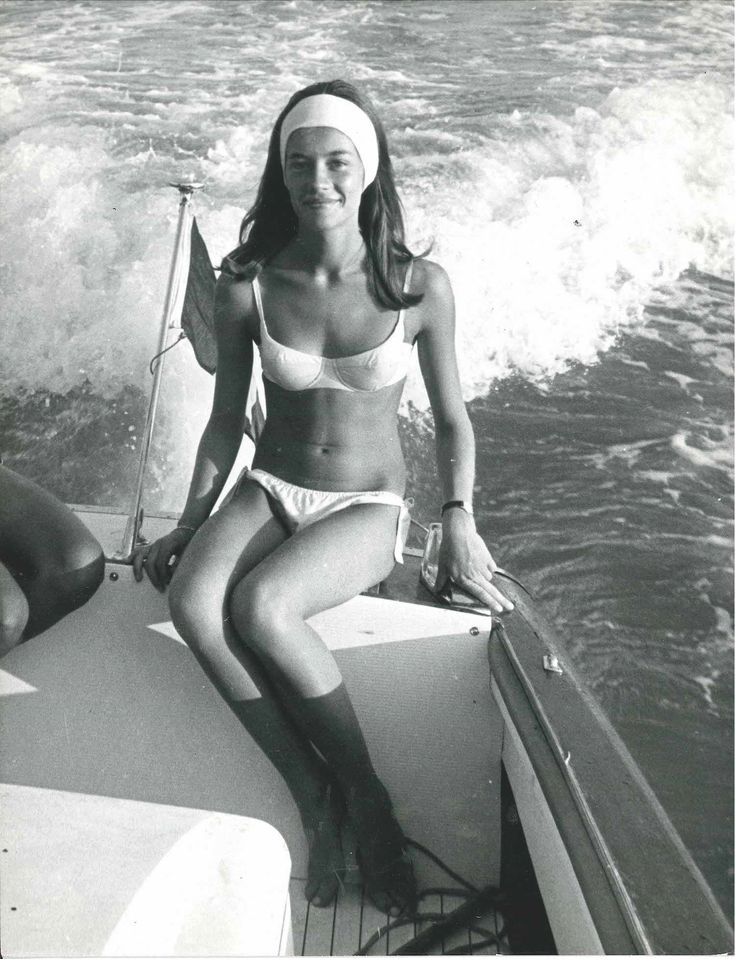
But she remained uninterested in fame’s glitter. She didn’t need attention to shine; her aura did the work for her. Even today, modern artists and fashion houses still reference her minimalist chic—proof that true style never ages.
Beyond Pop: A Voice That Grew Deeper and Braver
The late ’60s and early ’70s marked a turning point. Françoise Hardy wasn’t content to stay in the world of cute pop songs. She wanted to explore deeper themes, richer sounds, and more intimate songwriting.
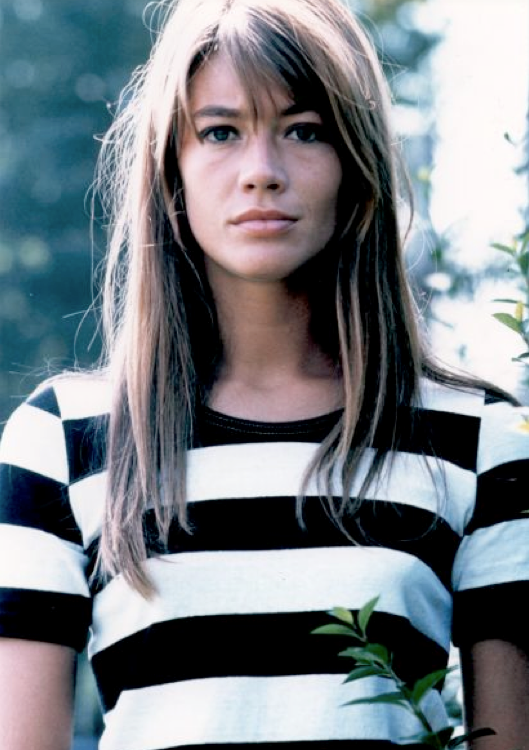
Her album La Question became a landmark—a haunting, elegant masterpiece filled with vulnerability and raw emotion. It wasn’t made for radio. It wasn’t made for commercial success. It was made for truth.
And that’s exactly why it’s considered one of her greatest works.
Over the next decades, she continued evolving—sometimes leaning into folk, sometimes into soft pop, sometimes into poetic experimentation. Every album felt like a conversation with her inner world, shared gently with those willing to listen.
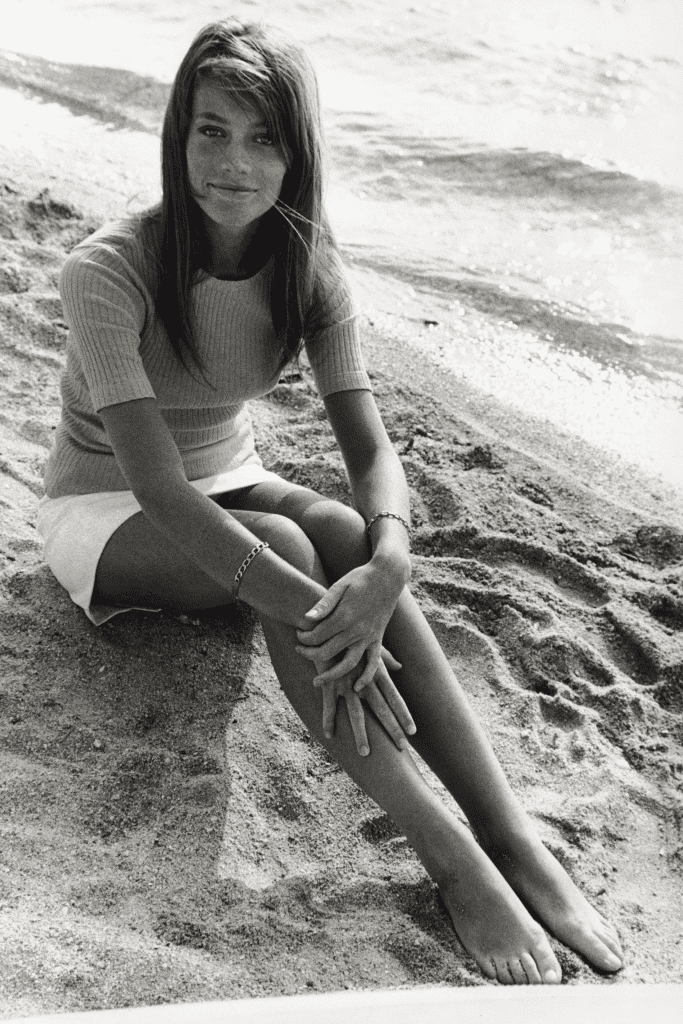
Love, Family, and a Life Lived Between Shadows and Light
In 1967, Françoise Hardy met Jacques Dutronc, another icon of French music. Their relationship was complicated, passionate, messy, and undeniably magnetic. They welcomed a son, Thomas, who would grow into a talented musician himself. He became one of her proudest joys—a grounding force during turbulent years.
Offstage, Françoise Hardy remained famously shy. She preferred quiet cafés to crowded events, stargazing to spotlight chasing. Her lifelong fascination with astrology led her to write essays and books that fans devoured. She explored the cosmos, not as escapism, but as a way to understand emotions she couldn’t articulate any other way.
Video : Francoise Hardy
Battles with Illness and a Grace That Never Faded
Life tested her strength more than once. Cancer battled her body for many years, taking a toll on her voice and her health. Yet she continued recording, writing, and sharing pieces of herself with the world. Even as her physical strength faded, her inner voice grew clearer, braver, and more luminous.
Through interviews and memoirs, she opened up about her fears, her regrets, her hopes, and her gratitude. She spoke with the same softness that defined her music, proving that courage doesn’t always roar—sometimes it whispers.

When she passed away in 2024 at age 80, the world didn’t just lose an artist. It lost a gentle soul who had lived life quietly, honestly, and beautifully.
An Eternal Legacy Wrapped in Soft Echoes
So why does Françoise Hardy still captivate us today?
Maybe it’s because she showed us that vulnerability is strength.
Maybe it’s because her voice feels like a friend on lonely nights.
Maybe it’s because she never tried to be an icon… and became one anyway.
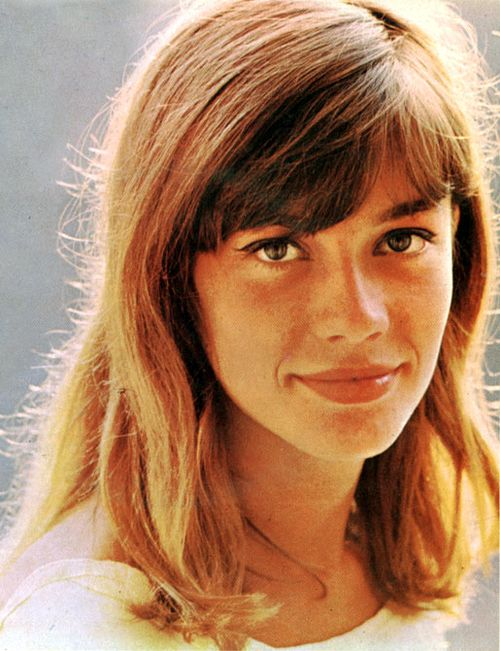
Her songs continue to drift through cafés, films, playlists, and late-night moments of reflection. New generations discover her every year, drawn not by hype but by emotion.
Her legacy lives in anyone who has ever felt a little lost… a little tender… a little human.
Conclusion
Françoise Hardy’s life was a delicate dance between music and emotion, fame and solitude, fragility and resilience. She wasn’t just a star of the yé-yé era—she was its soul. Her lyrics carried longing, her voice carried truth, and her presence carried a quiet brilliance that time can’t erase.

Her story reminds us that sometimes the softest voices leave the strongest echoes.
And she is Françoise Hardy—the muse, the poet, the dreamer—whose whisper will continue to live on in the hearts of those who listen.